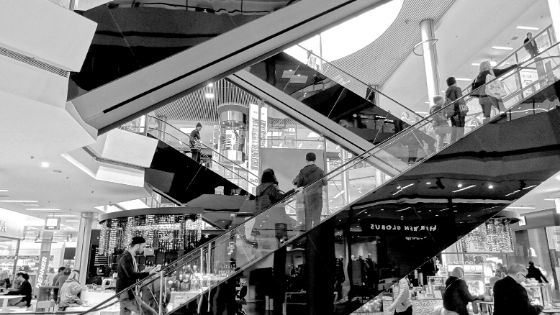
“Shopping injuries” is a broad term used to describe personal injuries that occur while someone at a shopping mall. Hundreds of people flock to malls daily for shopping, dining, and entertainment activities. Most people don’t think of being in any particular danger when shopping for their desired items or basic needs at the shopping mall. However, shopping injuries are more common than one would think. It could involve a store owner’s failure to keep their premises safe or warn of known hazards for shoppers, workers, and visitors.
Shopping injuries tend to increase during peak shopping seasons, such as during the festival season, “Black Friday,” and other holidays. Types of shopping injuries that may occur on a store’s property include (wkw.com, 2019):
- Slips, trips, and falls
- Overcrowding injuries
- Head and body injuries
- Shopping cart injuries
- Parking lot injuries
Shopping injuries account for many personal injury claims each year. Shopping centres, like all businesses that welcome the public, have a legal responsibility to take reasonable steps to protect people from injuries and crime. Premises liability requires retailers to perform repairs, maintenance, clean-ups, inventory stacking, crowd control, and other duties in a reasonable and timely fashion. If you do not do so and someone is injured, you could be held responsible for compensating the injured person for their medical expenses and other losses.




